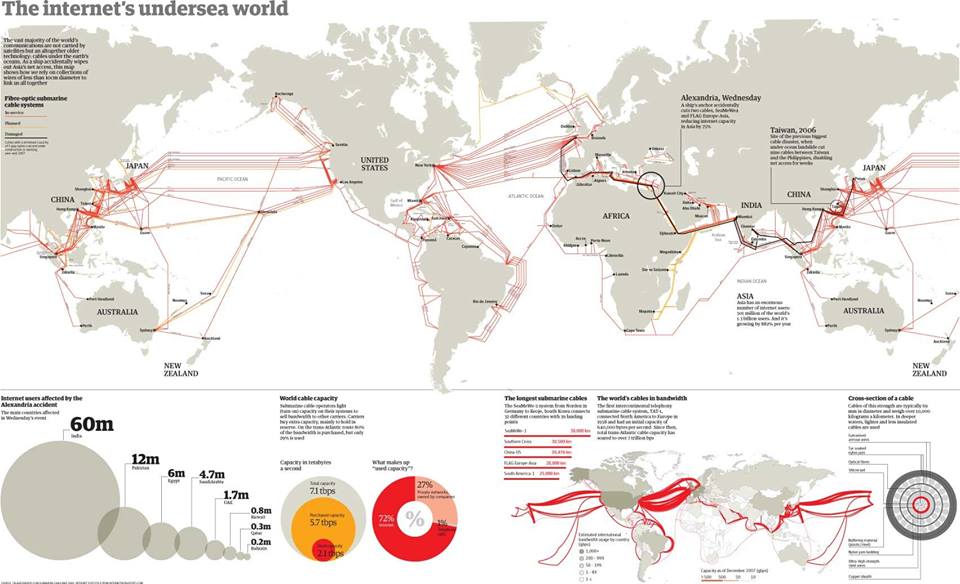I want to finish TMA02 by Friday 25th May so I can go on holiday with my family and have a week off.
This means I now have 8 days to complete the assignment. 8 days to organize my 1000s of words of disorganized notes and quotes into coherent and logical discussion points!
Here's my plan:
1. The Global Digital Divide - a PowerPoint Presentation
I want to present how the internet growth in Africa (specifically - it's true elsewhere too) is much more driven by smartphones operating on 3G and 4G than by more familiar (to us in the developed world) laptop and broadband set ups. Many OERs have been developed and made available which should help teachers and learners in Africa but it depends on what those OERs are. If they're videos - especially HD videos - then the data munching will make viewing them expensive and potentially time consuming and jumpy! Plus - if they're watching it on a smartphone screen the picture will be so small that only one or two other people can even share the experience.
I am going to suggest that the growth of smartphones should impact how teachers choose to teach and how learners can best learn - and especially how the developers of OERs should proceed!
2. The Net Generation - 1000 words
It seems so intuitive that growing up with the internet will make you qualitatively different that actually suggesting students are still, in the essentials, much as they've always been sounds blasphemous! My argument here is not that student have changed due to the internet but that education has not changed for decades. It is not fit for purpose now - with all the available technology and resources - but it wasn't really fit for purpose before then either. The technology has presented new challenges and new solutions but using technology for the sake of it without a well grounded pedagogy is a fruitless as refusing to use technology because 'chalk and talk' worked very well for hundreds of years!
I want to suggest that practitioners must be strategic in how they employ technology and learners still need to put the brain work and metaphorical elbow grease in!
3. Blogs and blogging - 100 words
Reflective learning fits neatly into the social constructivist theory of learning and learning journals and learning diaries have supportive literature going back decades. The blog is a new, and I would argue, improved version of this. Firstly it's much harder to lose and much easier to edit. Secondly it can (if the writer wishes) engage other students and tutors in debate and conversation. Thirdly it provides a record of a learning journey which adds to the resources for future learners.
Practitioners who employ this reflective tool are providing scaffolding which will, all being well, result in learners becoming self-directed, independent and not teacher dependent. Learners writing a blog may find it extremely useful for organizing thoughts, having a moan, reflecting on a side tangent and planning a TMA!
4. How would I redesign blogging in H800
I would incorporate it with the forums. Lots of people write long reflections in the forums (fora?) and I am sure they also have long reflections about less specific questions and about the tangents and active mind inevitably travels. It is a shame if these thought processes and reflections are lost to the rest of us because they don't neatly fit into a forum question. As a learner I would benefit greatly from this - and for more interaction with my own blog posts.
Making reflection a mandatory activity is fraught with difficulty! I'm going to have to think about it!
5. Which aspects of ‘learner experience’ do you think should be investigated – either on H800 or in your own context – and which methods would you use to do so?
I haven't got here yet! I guess I ought to look to my own context as a professional rather than as a learner given that my last activity was learner based. Maybe I could assess how much doing endless practice MCQ questions benefits a learner over more visual, interactive or 'deep learning' methods.

